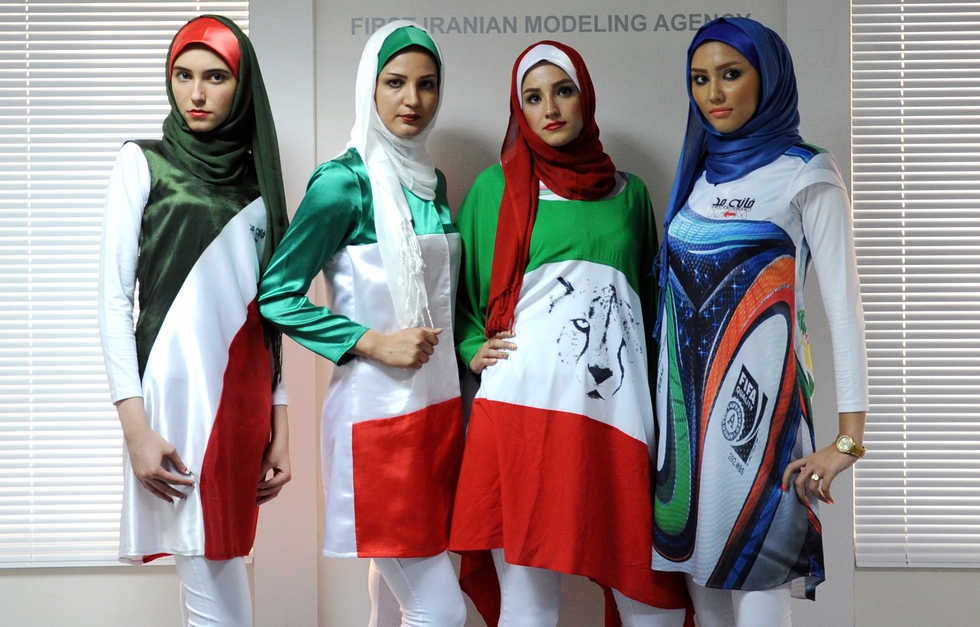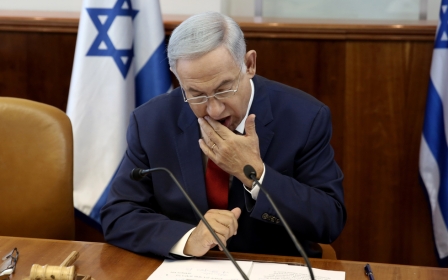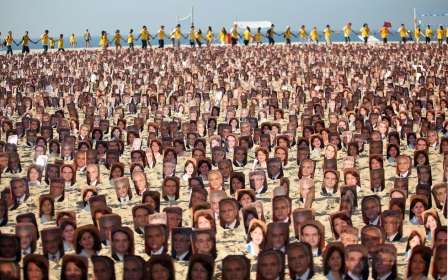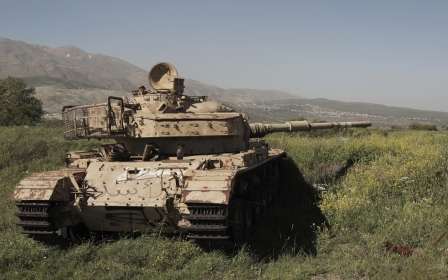Iran cracks down on models appearing online without headscarves

Iran has arrested eight people for working in "un-Islamic" online modelling networks, particularly on Instagram, the head of Tehran's cybercrimes court said on state television.
The arrests, which took place in March, were made under a two-year-old sting operation named "Spider II," targeting among others models who post photos online without the headscarf covering the hair that is compulsory for women in public in Iran since its 1979 Islamic revolution.
In a statement the court identified 170 people running online Instagram pages - 59 photographers and makeup artists, 58 models, 51 fashion salon managers and designers, and two active institutions.
"We found out that about 20 percent of the [Iranian] Instagram feed is run by the modelling circle," Javad Babaei said on state television late on Sunday.
They have been "making and spreading immoral and un-Islamic culture and promiscuity," he said.
Babaei said it was the judiciary’s duty to "confront those who committed these crimes in an organised manner".
The state media report included footage of model Elham Arab speaking before Tehran prosecutor Abbas Jafari Dowlatabadi in a conference room with her blonde hair hidden under a black chador.
"All people love beauty and fame," she said. "They would like to be seen, but it is important to know what price they will pay to be seen."
The report did not identify those arrested or elaborate on what charges Arab would face.
"We must fight with the enemy's actions in this area," Dowlatabadi was quoted by state-owned media as saying. "Of course our actions in this area will continue."
Officials said the Spider operation targeted "pornography and insulting Islamic sanctity".
In addition to the eight arrests, criminal cases have been opened against 21 other people, he said.
The sting operation has homed in on a database of over 300 popular Iranian Instagram accounts and connected accounts, Babaei said.
His comments followed a live "educational court session" on Sunday at which Arab said she had been earning money through the popular photosharing mobile application Instagram.
The average monthly income for a successful model is 100 million rials ($3,330), Arab, quoted on the judiciary-linked website Mizan Online, told Tehran's prosecutor.
Instagram is extremely popular in Iran. Unlike Facebook, Twitter and YouTube which remain blocked, Instagram is accessible to Iranians.
The arrests of the models were originally announced by judiciary spokesman Gholam Hossein Mohseni-Ejeie in early March.
He reported the "arrest of eight models, some of whom were released on bail and some informed [of the law and freed]."
"Some of them had heavy charges like spreading prostitution and promoting corruption," he said.
"Some ... entered these networks unknowingly and thought these are commission jobs they are being paid for, so these people were not arrested."
Scares over the liberalisation of Iranian society have been common in recent years, particularly since the election of Hassan Rouhani as president.
In 2014, a number of arrests were made after Iranians produced an amateur music video based on the worldwide Pharrell hit "Happy".
New MEE newsletter: Jerusalem Dispatch
Sign up to get the latest insights and analysis on Israel-Palestine, alongside Turkey Unpacked and other MEE newsletters
Middle East Eye delivers independent and unrivalled coverage and analysis of the Middle East, North Africa and beyond. To learn more about republishing this content and the associated fees, please fill out this form. More about MEE can be found here.




